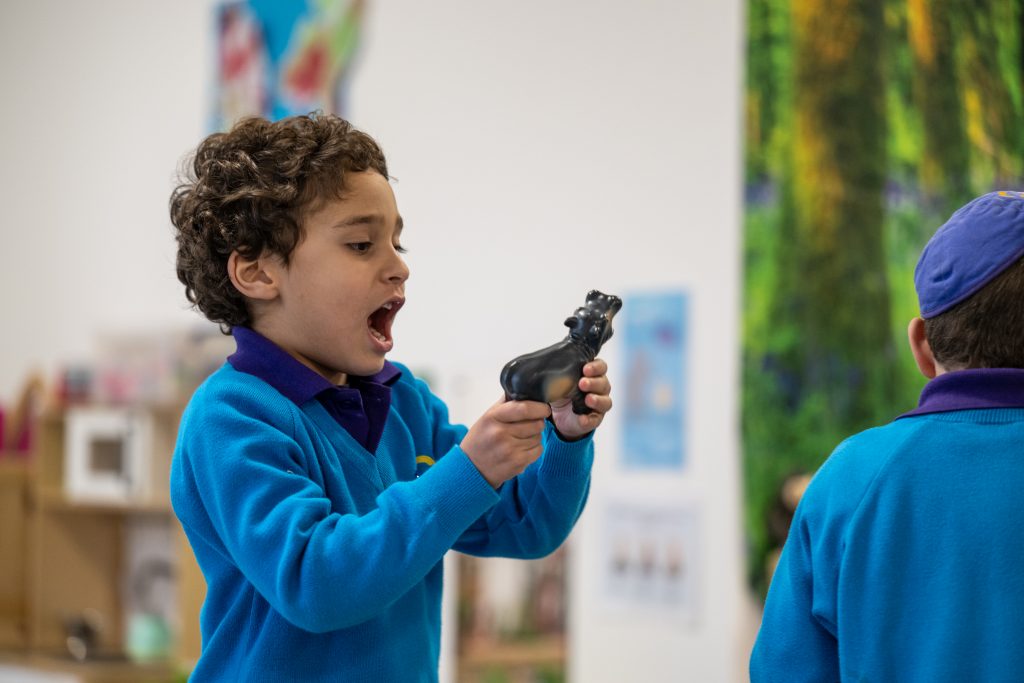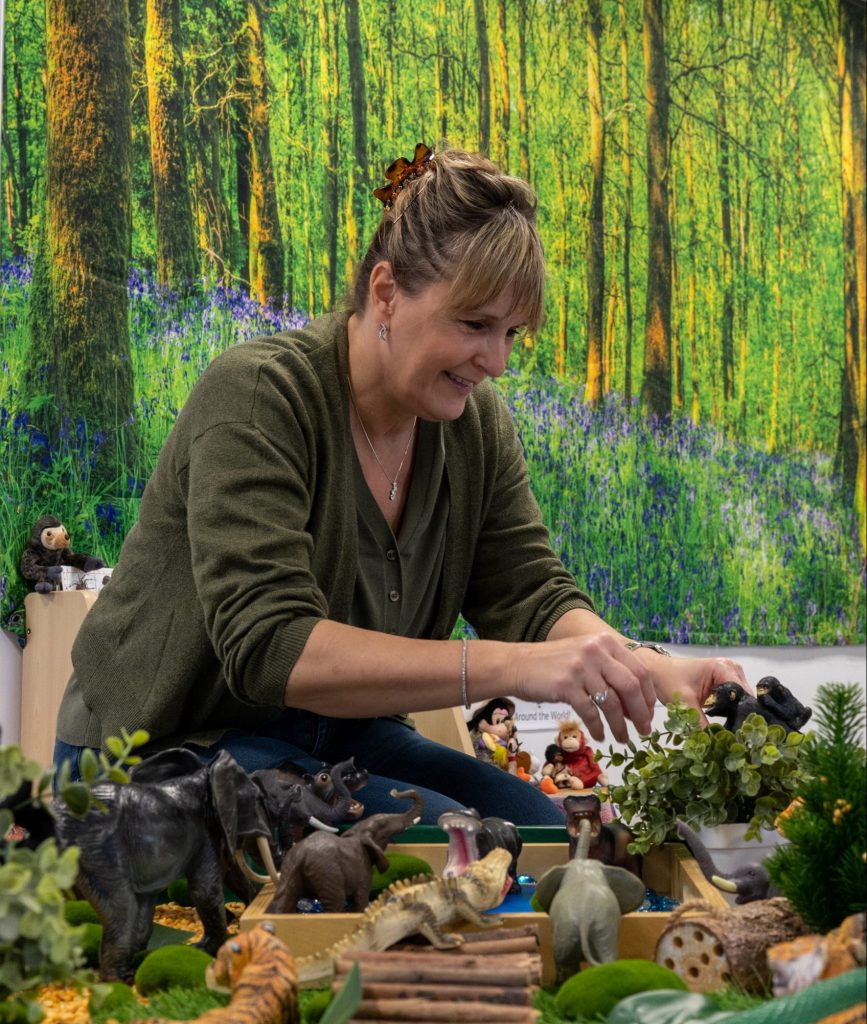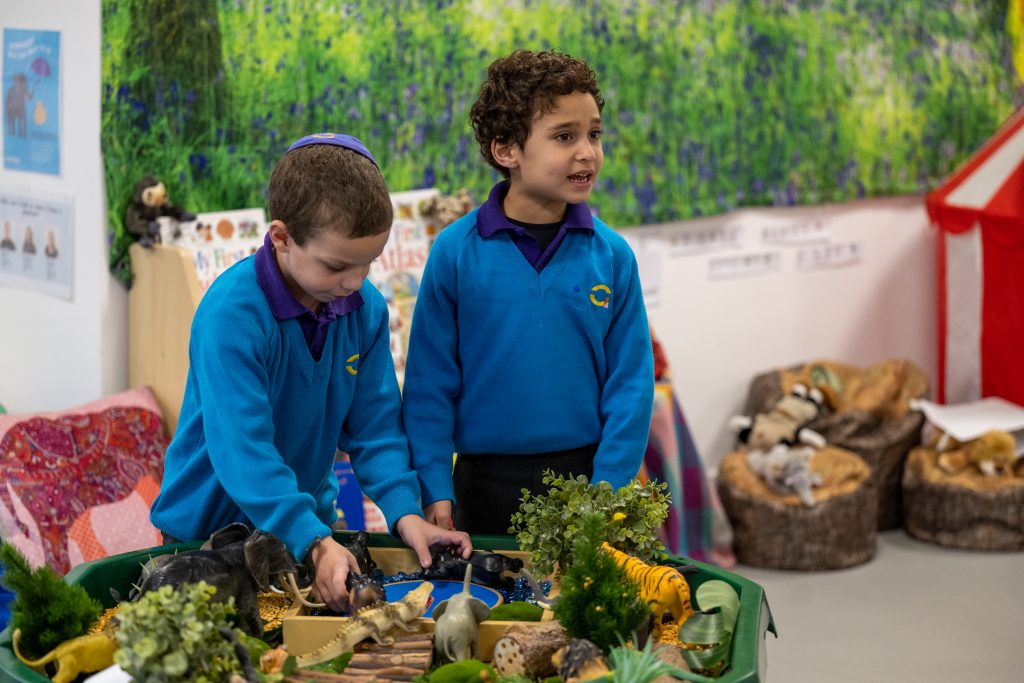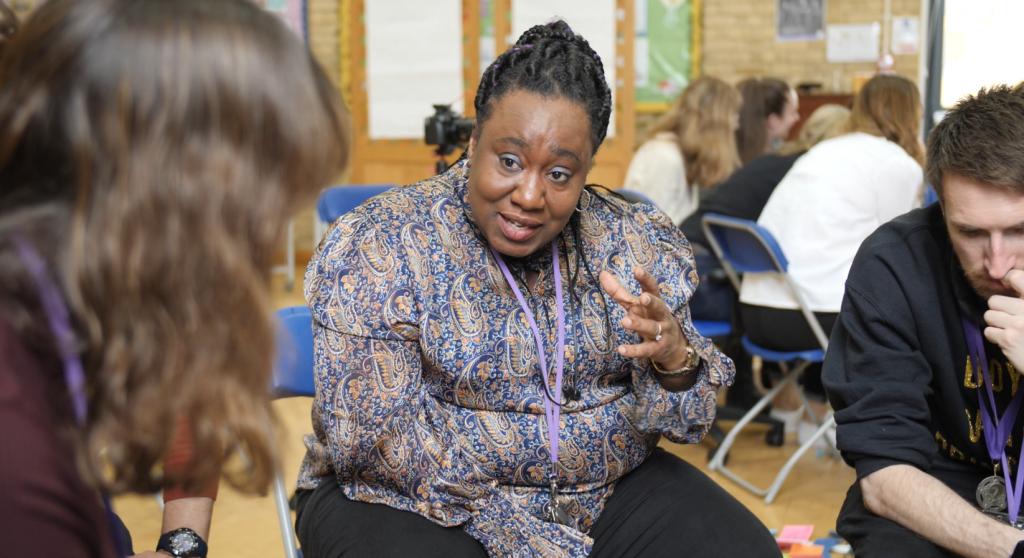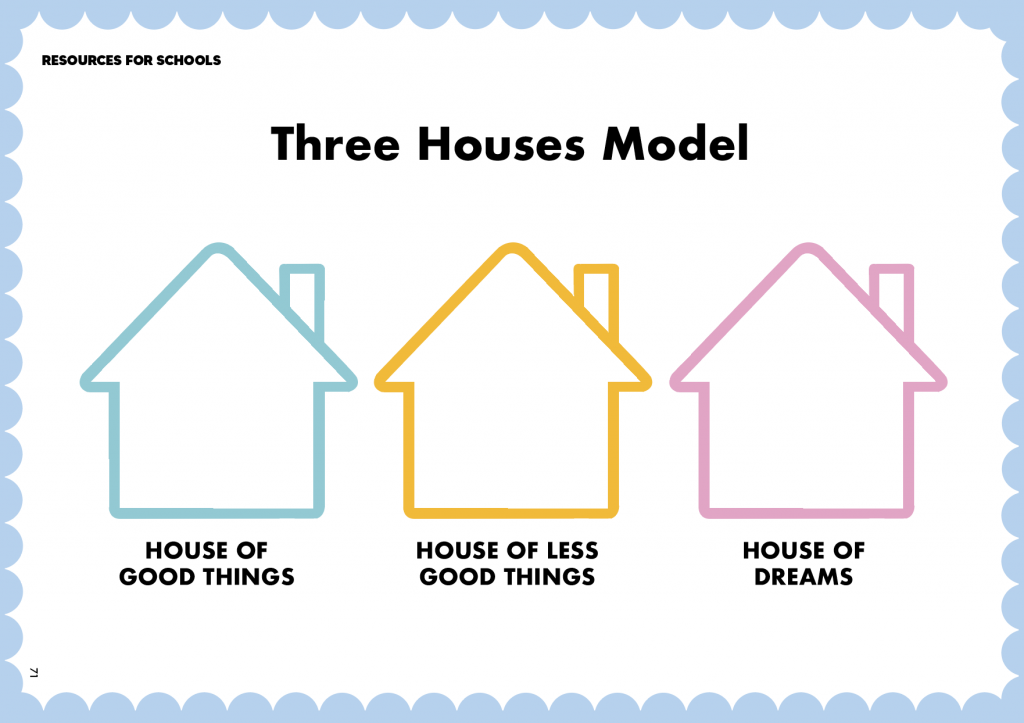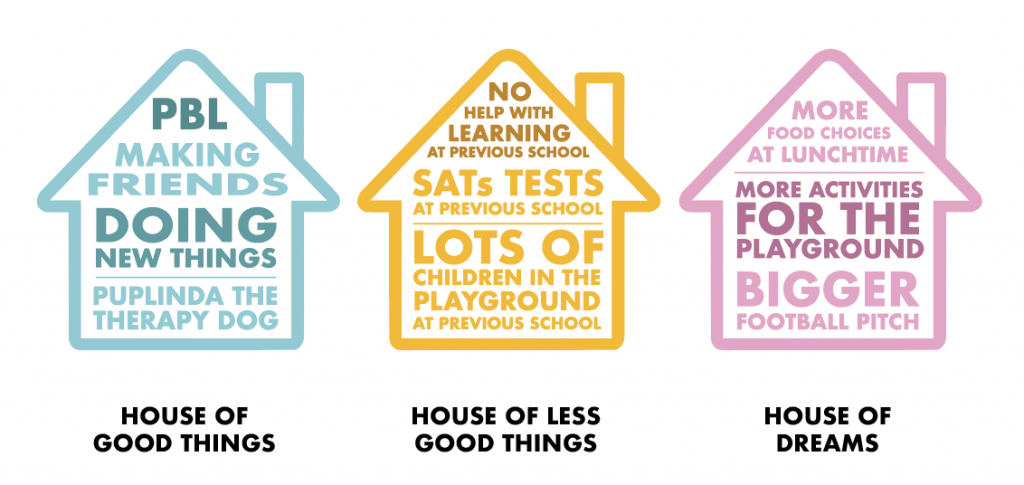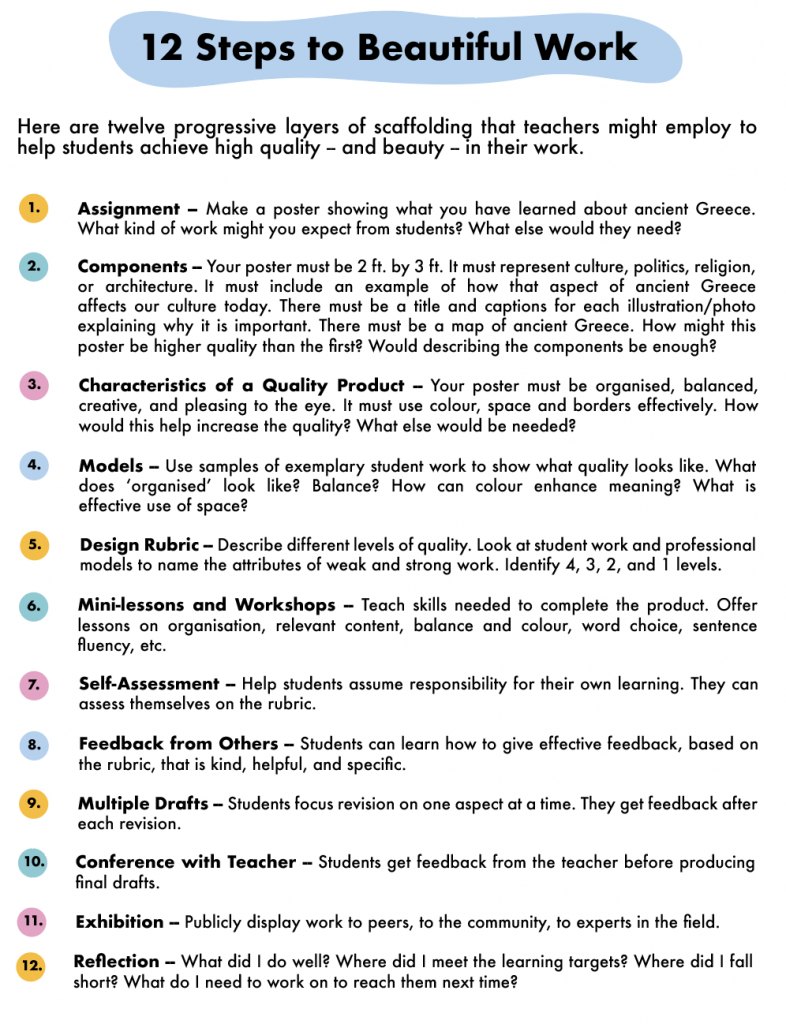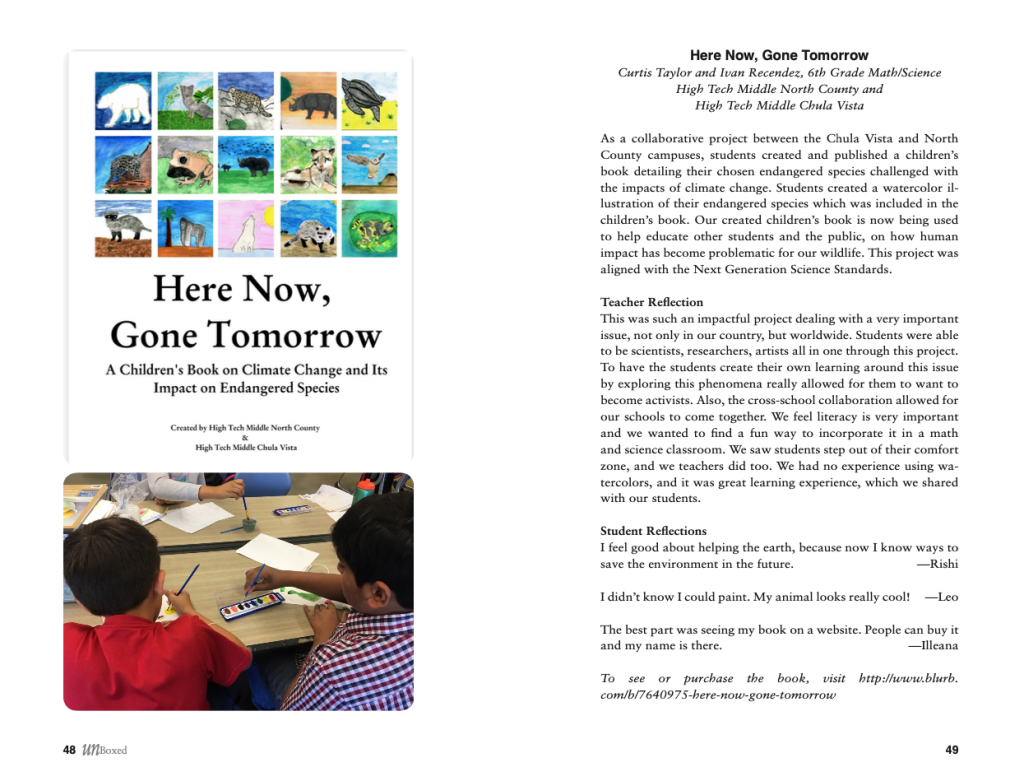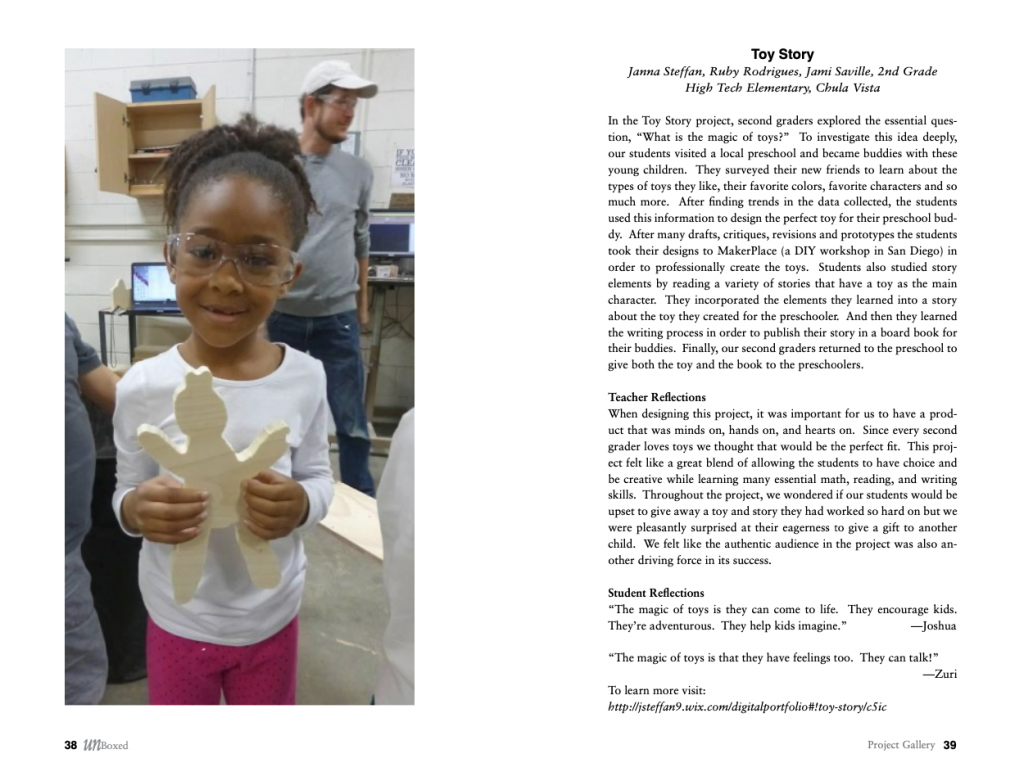Making the Most of Therapies in Your Setting
Victoria Rutter
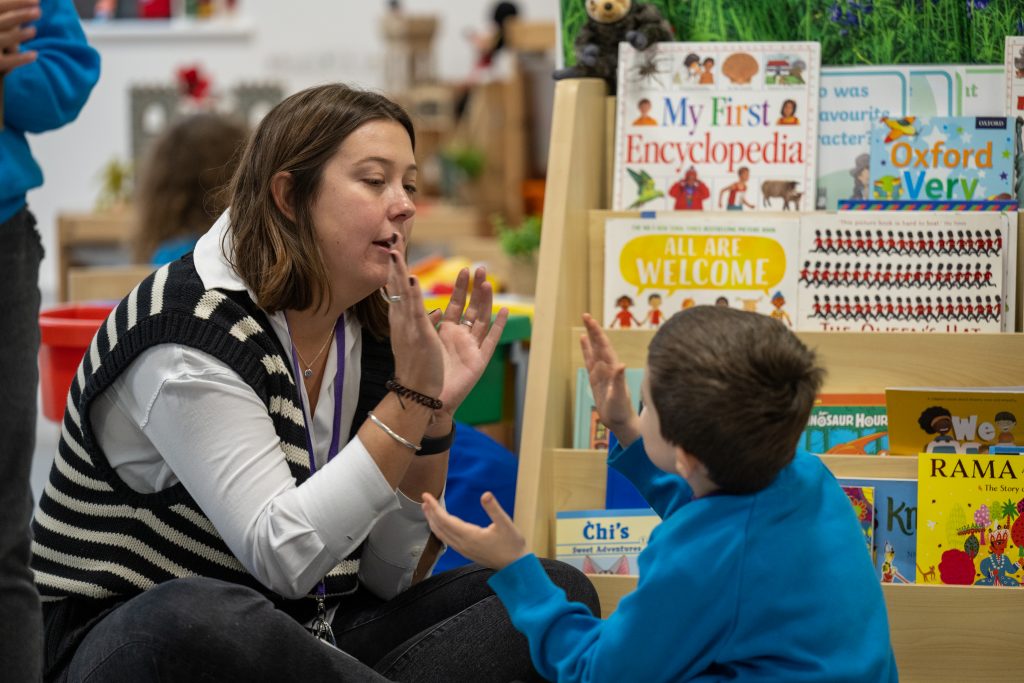
The ever-changing political landscape has seen far-reaching implications for education and health services; spending cuts have been severe and there is currently a real disparity across the country in the amount and type of therapeutic provision available to children with SEND. It is interesting to reflect on the journey of how therapies emerged in schools, and to observe the inherent successes, but also the frustrations; frustrations largely due to ‘not enough’ rather than the quality of provision.
It is abundantly clear, from both research and anecdotal evidence, that the best possible model for effecting quality provision for each child is to do this within a team. In this case, the team would be school, parents and therapies.
Within School, Not Withdrawn
Historically children were taken out of school to attend therapy sessions in local community clinics and hospitals. This obviously disrupted children’s education and meant there was limited opportunity for liaison with school staff, and also that skills acquired in therapy had little chance of being generalised into everyday school life. With the advent of Statements of Special Educational Needs (Statements) — now Education, Health Care Plans (EHCPs) — the NHS began to place Therapists in both mainstream and SEND schools. Subsequently, Local Authorities (LAs), through joint funding with the NHS, began financially and operationally to support this model and Therapists began to work regularly in schools to see children — both with and without EHCPs.
Therapists as Members of Staff
Schools and parents could really see the benefit of children receiving therapies in their school environment. However, they also became increasingly frustrated by the amount of input they were being offered, with both the NHS and LAs rationing services due to a never-ending series of spending cuts. Schools began to recruit their own Therapists, giving them more control over the frequency of input, and allowing Therapists and school staff the opportunity truly to work collaboratively as part of a team around the children and young people in education.
Cut to today and this model is seen in both SEND and mainstream schools across the UK. Some settings have multi-disciplinary therapy teams on site full-time, while others have Therapists either employed directly by them or contracted via independent Therapists and practices. Therapists may visit weekly, half-termly or termly depending on the needs and budgets of individual schools.
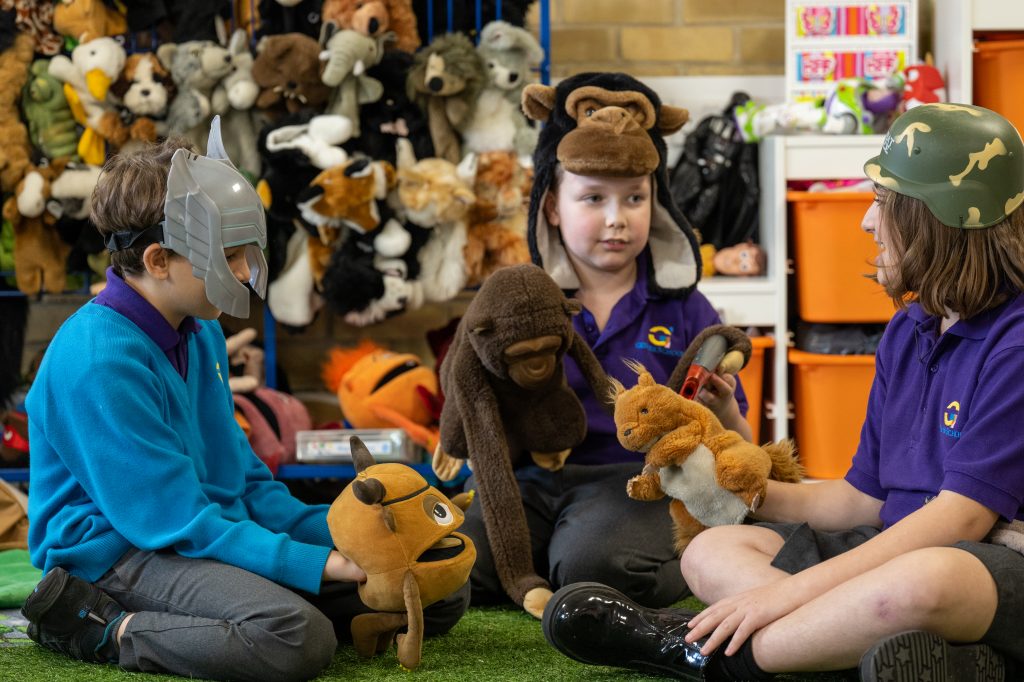
Arrangements in one SEND School
At Gesher, therapy is not seen as an ‘add-on’, instead, it is part of the overall curriculum and is designed and delivered in tandem with the educational and social curriculum. Therapy targets are woven into all aspects of day-to-day school life, and therapies can be delivered in a variety of ever more creative ways. Staff upskill each other and are able to plan jointly and run interventions.
As in most settings, therapy staff work to a three-tiered approach: Universal (for all), Targeted (for small groups) and Specialist (for individuals). It is at the Universal level that the work can really make an impact: devising, teaching, modelling and reviewing whole-school approaches such as communication and sensory-friendly classrooms, signs and visually supported speech, Zones of Regulation, Movement breaks, facilitating lunchtime chats, playground games and Fun with Food.
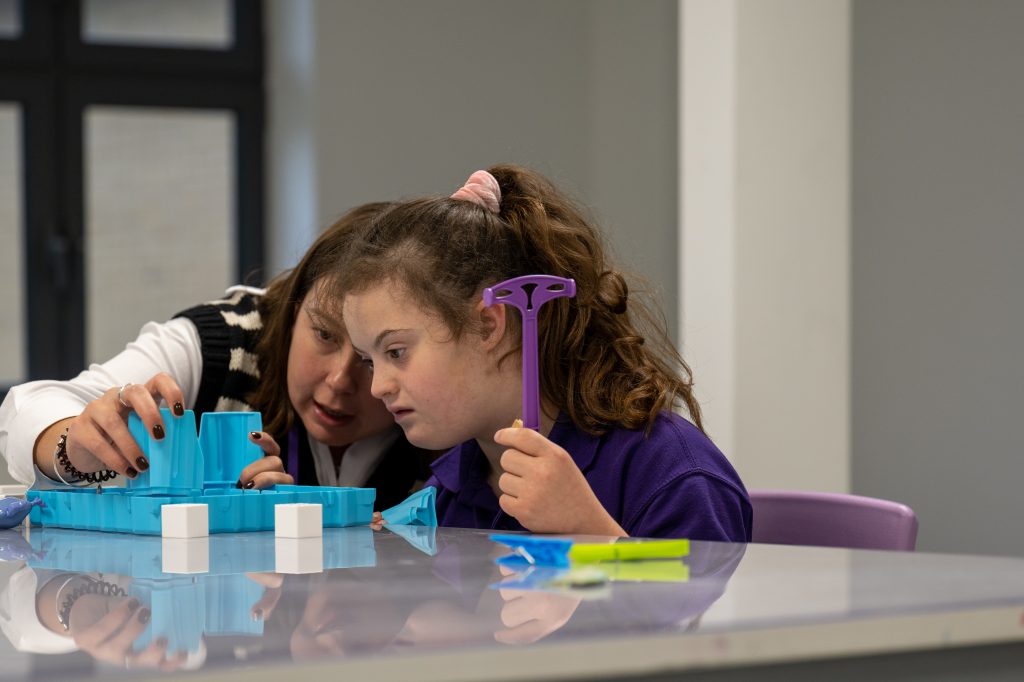 Some Lessons For Any School
Some Lessons For Any School
This model can differ from setting to setting, particularly in mainstream schools. So, what can a regular school do to maximise the impact of therapeutic support where provision can be limited in frequency?
Preparation is Key
Identify the key person who will liaise and plan with the Therapist. This is usually the Special Educational Needs and/or Disabilities Coordinator (SENDco). The SENDco can then ask school staff and senior leaders to come up with a list of priorities and areas for development with regard to the particular Therapist that is working with your school; this could include:
- Identifying particular children (specialist) or groups of children (targeted) who may require assessment and/or intervention
- Identifying areas of universal need for your particular school, for example: vocabulary, listening, play, handwriting, sensory regulation, etc
- Creating optimal learning environments such as communication and sensory-friendly classrooms
- Identifying opportunities for Team Teaching to model and embed Quality First teaching strategies
- You may wish to identify a Teaching Assistant with relevant skills and/or interest to also liaise with the Therapists and who helps to coordinate and deliver the therapeutic interventions in school
- Identifying training needs for all staff
- Identifying training needs for identified staff
- Identifying pieces of work with parents.
Plan For Each Visit
The SENDco and Therapist can make a joint plan prior to the visit, by email, which ensures:
- The priorities of the school are met in a timely way
- School staff are aware that Therapists will be in school/class
- Parents are informed
- The Therapist knows in advance what assessments/resources to bring in
- Time is ring-fenced for the SENDco and Therapist to meet
- A room can be booked in which to assess children and meet with staff and/or parents.
Taking children out for one-to-one work may be necessary if outlined in a child’s EHCP. In these circumstances, a Teaching Assistant should be able to accompany the child to observe and participate in the session and effect meaningful carry-over. If you are unavailable to catch up at the end of the visit, ask the Therapist to send you a summary of who was seen, meetings that took place, interventions/training carried out, etc.
How Do I Go About Commissioning a Therapist?
It may be cost-effective to link up with other local schools to ‘buy in’ Therapists and many independent Therapists and practices have a choice of bespoke packages to suit a range of needs and budgets.
For further guidelines and information on commissioning Therapies in schools, see the links below:
Therapists share the frustration and challenges of our colleagues in education regarding provision. However, as suggested above, there are ways to maximise outcomes and utilise the therapy provision a school does have.
In essence, those universal approaches will have a significant impact and are achievable and sustainable. Investing in staff training and setting up whole-school approaches benefits all students, leaving the precious remaining Therapy time directed where it is needed the most.

